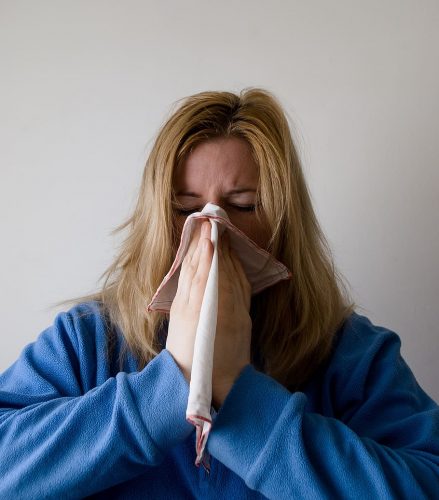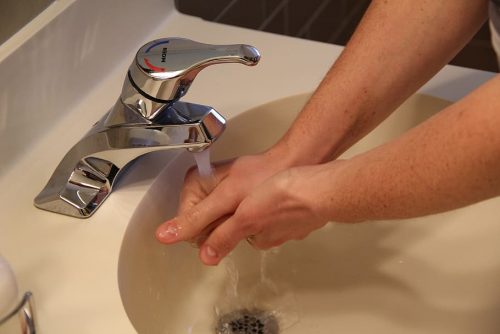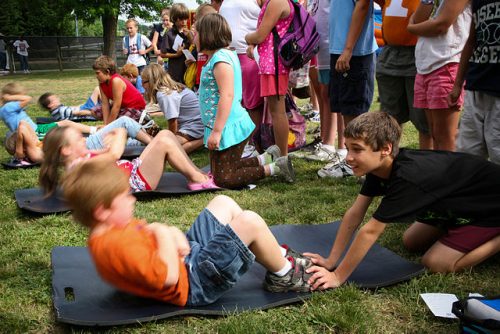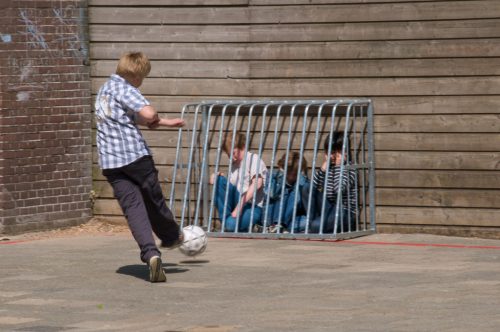As COVID-19 spreads worldwide and wreaks havoc, everyone must play their part in preventing transmission. Even children need to do their part, given that they may unknowingly spread the novel coronavirus to other people. However, families also need to pay attention to the children’s needs as authorities impose lockdowns and social distancing measures. The overall wellbeing of children is at stake here. However, following these guidelines should help children cope and adjust in these trying times.
Learn How COVID-19 Manifests In Children
Unlike many other diseases, COVID-19 seems to affect children less. Young people who catch the infection usually only have mild symptoms. Cold-like symptoms, such as coughing and fever, typically appear. However, some children can have the virus in their body but display no signs.
Research is still ongoing as to how COVID-19 impacts children. However, everyone is vulnerable to the severe complications of COVID-19, such as pneumonia. Hence, all people should find ways to reduce their risk of contracting this disease.
Since children may display weak, non-specific symptoms, they may easily carry the infection to others. Hence, you should prioritize exposing children to other people who might be infected. It would be best to keep everyone indoors to avoid unnecessary contact. Children should also minimize contact with vulnerable groups, such as the elderly and the immunocompromised.

Source: pxfuel.com
Address Any Anxieties
Aside from physical wellbeing, mental health also becomes an issue during pandemics and other crises. The overall pessimism and uncertainty can stress many people, adding to the fear of eventually catching the disease. Children are also prone to mental stress, especially if they don’t have adequate knowledge about the current situation.
In this situation, knowledge is the solution. Find the time to address any concerns that your children may hold. Make sure that they know the basics of the situation, such as what COVID-19 is and why people need to stop its spread.
When answering their questions, make sure to explain your answers in terms that they can understand. However, avoid sugar coating or misleading them about the gravity of the situation. Always emphasize that you will always be there to protect and support them to the best of your ability.
Empower Your Children
Regular hand washing and cleaning of items are effective ways to prevent the spread of the novel coronavirus. Note that the virus can live for hours outside the body, so disinfecting procedures are essential.
Aside from directly reducing the risk of disease transmission, hygiene habits have another effect on mental health. It gives children actionable steps that they can take to help in the fight against COVID-19. Through simple actions such as handwashing, kids can actively participate. Jill Cioffi, MD, FAAP, from Renaissance School of Medicine at Stony Brook University, suggests having more family time. She says, “It’ll make them less anxious. It’ll help direct their time. It’ll strengthen their relationship with their parents. I think there’s a whole vast amount of knowledge that individual parents have that they could share with their kids because this would be the perfect opportunity to do that.” These steps empower them and help them realize that they can leave an impact through their contributions. In turn, empowerment lifts their mood and keeps them hopeful for the future.

Source: piqsels.com
Keep Active
Exercise is a potent activity that can improve both physical and mental wellbeing. Cardiovascular exercises, such as jogging, strengthens the body overall and helps boost the immune system.
Any sustained activity that can raise your heart rate can count as exercise. There are many apps, videos, and programs that tailor specifically to indoor exercising, so take advantage of them. Make exercise sessions bonding time for you and your children through fun activities such as doing dance covers.

Source: piqsels.com
Maintain Social Connections
As social beings, people naturally crave a certain amount of interaction with others. Children are no exception, especially since they tend to meet friends as they play with others. Children who have to stay home might start to miss their friends, which can bring in a sense of sadness and dread.
While digital communication can never match real-life interaction, you should still use appropriate technologies to help you and your kids stay in touch with friends. Consider teleconferencing software so that your children can speak and see their friends. Other communication methods, such as text messaging, may work. Choose tools that you and your children prefer, and never force interactions; let them proceed as they please.
The social distancing measures are tough for everyone, especially for children. You can help them cope by paying attention to their physical and mental wellbeing. With these tips, you’ll keep them happy and safe.
















